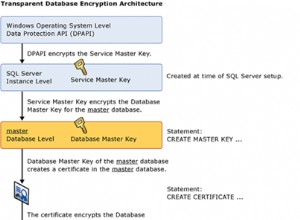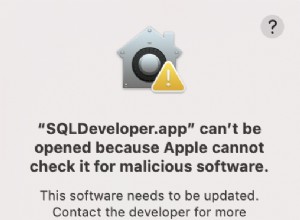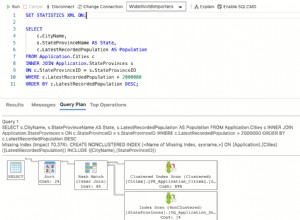(Non sono un esperto di questo codice sorgente. Sei stato avvisato.)
La fonte è online qui . Ho omesso i nomi dei file; puoi cercare i nomi delle funzioni per trovare le loro definizioni. Ho lasciato i numeri di riga (di solito) perché è più facile tagliare e incollare e numeri di riga diversi significheranno che l'origine è cambiata.
La storia breve è che alcuni ritorni "void" sono probabilmente cstring vuote (stringhe vuote con terminazione null) e altri sono puntatori nulli.
Ecco le parti della fonte che sembrano pertinenti.
00228 /*
00229 * void_out - output routine for pseudo-type VOID.
00230 *
00231 * We allow this so that "SELECT function_returning_void(...)" works.
00232 */
00233 Datum
00234 void_out(PG_FUNCTION_ARGS)
00235 {
00236 PG_RETURN_CSTRING(pstrdup(""));
00237 }
00251 /*
00252 * void_send - binary output routine for pseudo-type VOID.
00253 *
00254 * We allow this so that "SELECT function_returning_void(...)" works
00255 * even when binary output is requested.
00256 */
00257 Datum
00258 void_send(PG_FUNCTION_ARGS)
00259 {
00260 StringInfoData buf;
00261
00262 /* send an empty string */
00263 pq_begintypsend(&buf);
00264 PG_RETURN_BYTEA_P(pq_endtypsend(&buf));
00265 }
Abbiamo anche
00285 /* To return a NULL do this: */
00286 #define PG_RETURN_NULL() \
00287 do { fcinfo->isnull = true; return (Datum) 0; } while (0)
00288
00289 /* A few internal functions return void (which is not the same as NULL!) */
00290 #define PG_RETURN_VOID() return (Datum) 0
Quindi ha senso per me che una funzione definita dall'utente che restituisce tramite PG_RETURN_VOID() non sia equivalente a quella che restituisce tramite void_out() o void_send(). Non so ancora perché, ma devo fermarmi a dormire un po'.




